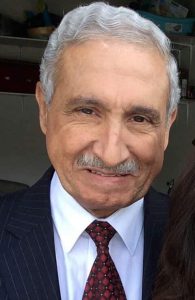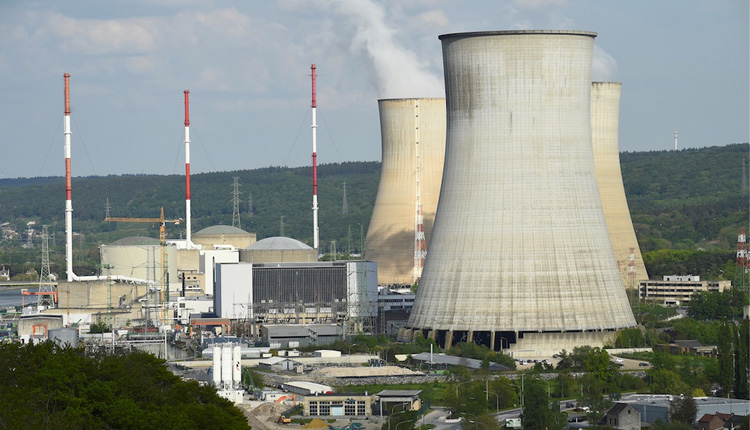Egypt’s first nuclear power plant, El Dabaa NPP plays and will continue to play a major role in providing distinct job opportunities to the people of Matrouh across its timeline, from pre-construction to construction to operation and beyond.
The project requires a large number of workers, both primary and supplementary, from NPP-related supply chains, workers from numerous professions and of various specialties, including technical, from the spheres of transport, goods and commodities, and raw and other materials, whether related to supplies or services.
At the peak of construction work, the total number of construction and installation personnel will be about 25,000 people, including more than 11,000 skilled workers.
The training and certification of these workers is a core process during the construction phase. Various specialties and scientific and practical expertise were dispatched to the Russian Federation to acquire the high-quality training needed for the construction, installation, and operation of a NPP in the country’s nuclear institutions.
El Dabaa Advanced Technical School for Nuclear Applications was opened to hone highly technical skills in various specialties for implementation at the NPP. This school’s students are carefully chosen from Egypt’s outstanding youth.
El Dabaa NPP’s first unit will secure electricity generation for the National Unified Power Grid (NUPG), and specifically Matrouh, which is a key location in comprehensive economic and social development plans.
NPP-generated electricity supply will not only be limited to securing the electricity generation of Marsa Matrouh, but also extend to secure the electricity generation of the NUPG. Aside from El Dabaa NPP’s significant support for Matrouh’s local development, the plant supports the Egyptian economy and the State’s comprehensive economic and social development plans. Moreover, excess generated electricity can be exported to the states with whom there is also an electricity exchange.

Maher Aziz is a Member of the World Energy Council / Chief Adviser on Energy, Environment and Climate Change
El Dabaa NPP will be a valuable addition to Egypt’s grid providing baseload power generation. Having a 60-year NPP operational lifespan it will definitely contribute to the electricity being exported to neighboring countries from the NUPG.
One of the biggest current advantages of an NPP is its extraordinary ability to continue operating for years at a time. This significantly improves its economic value and puts it at the forefront of all generating units on which the grid depends.
About the Writer:
Dr. Maher Aziz is a Member of the World Energy Council / Chief Adviser on Energy, Environment and Climate Change.
